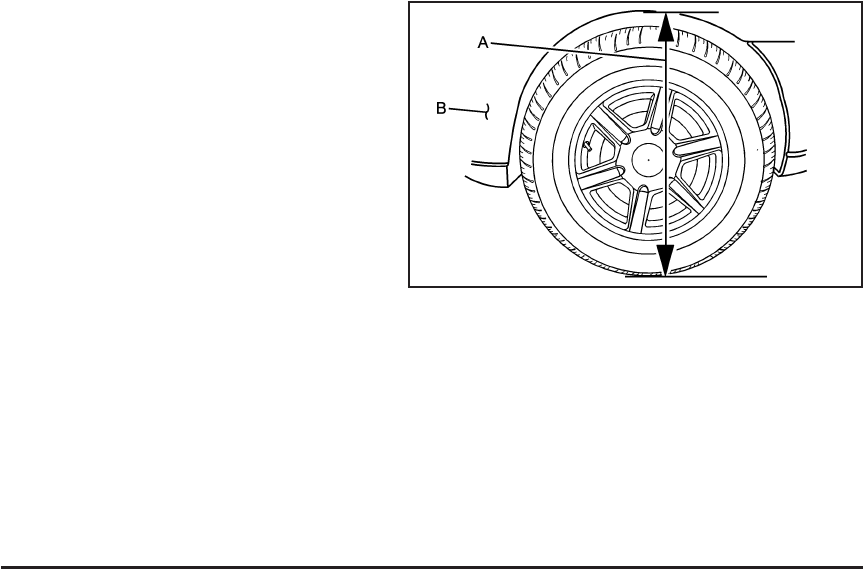
After you’ve loaded your trailer, weigh the trailer and
then the tongue, separately, to see if the weights
are proper. If they aren’t, you may be able to get
them right simply by moving some items around
in the trailer.
Total Weight on Your Vehicle’s Tires
Be sure your vehicle’s tires are inflated to the upper
limit for cold tires. You’ll find these numbers on the
Certification/Tire Label located on the B-pillar below the
door latch or see Loading Your Vehicle on page 4-42.
Then be sure you don’t go over the GVW limit for your
vehicle, or the GAWR, including the weight of the trailer
tongue. If you use a weight distributing hitch, make sure
you don’t go over the rear axle limit before you apply the
weight distribution spring bars.
Hitches
It’s important to have the correct hitch equipment.
Crosswinds, large trucks going by and rough roads
are a few reasons why you’ll need the right hitch.
Weight-Distributing Hitches and Weight
Carrying Hitches
When using a weight-distributing hitch, the hitch must be
adjusted so that the distance (A) remains the same both
before and after coupling the trailer to the tow vehicle.
Trailering may also be limited by the vehicle’s ability
to carry tongue weight. Tongue weight cannot cause
the vehicle to exceed the GVWR (Gross Vehicle Weight
Rating) or the RGAWR (Rear Gross Axle Weight
Rating). The effect of additional weight may reduce
your trailering capacity more than the total of the
additional weight.
(A) Body-to-Ground Distance (B) Front of Vehicle
4-54


















